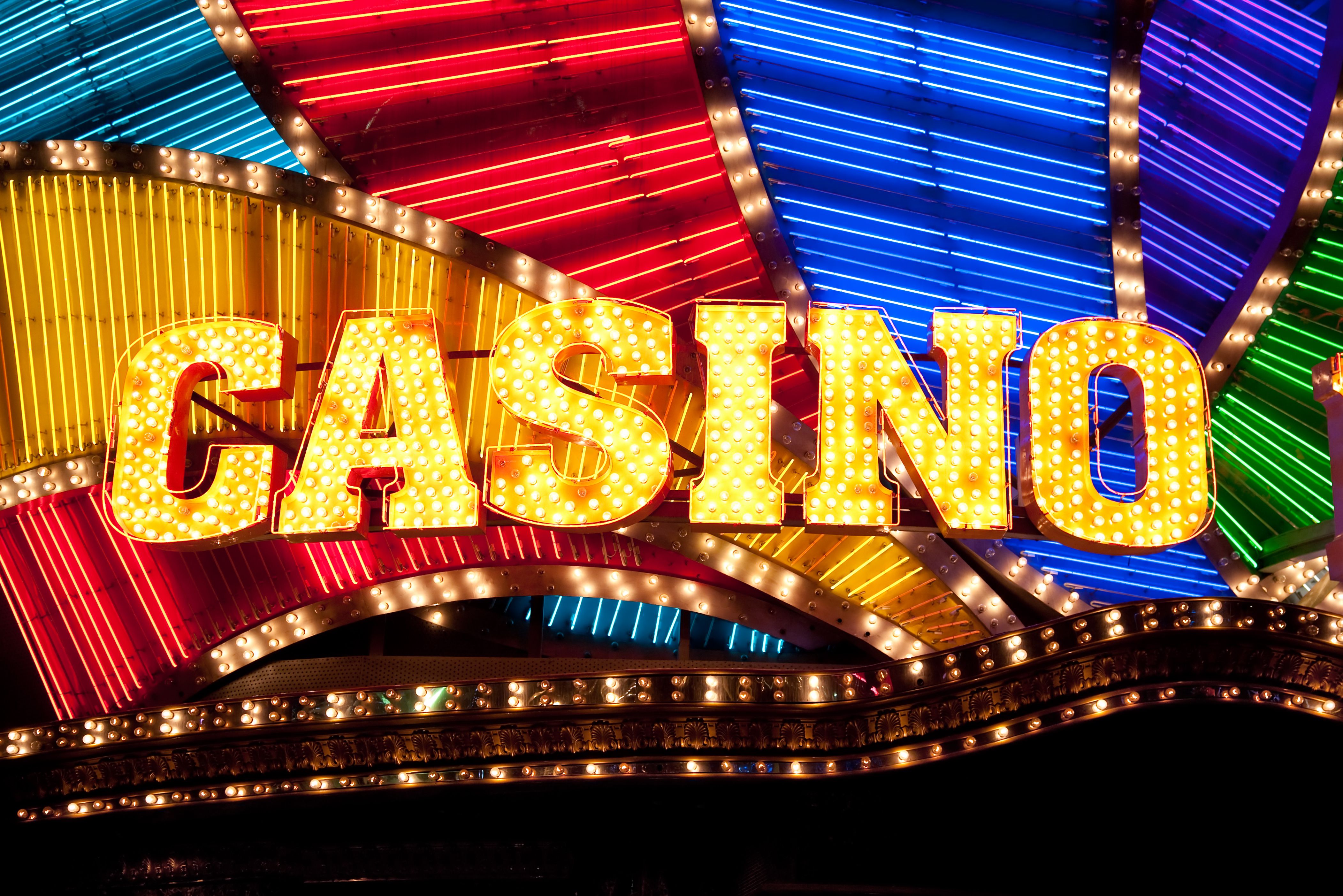
Casino entertainment have long been a captivating entertainment option, drawing countless of players from different cultures around the globe. From the lively casinos of Las Vegas to the bustling gambling halls of the Chinese gambling capital, these games serve as a link that brings together people across different backgrounds. The allure of chance, skill, and risk entices not only those hoping to win money but also those seeking a shared experience.
The cultural impact of casino games extends significantly past the gaming floor. They often reflect the cultural standards and traditions of the cultures in which they flourish. Games such as poker, 21, and the spinning wheel have woven themselves into the fabric of mainstream culture, influencing various aspects from cinema to fashion. As we explore this captivating intersection of chance and culture, we can comprehend better how these games shape and are affected by the surrounding world.
Historical Evolution of Gaming Activities
The beginnings of gambling games can be followed back to old cultures, where betting in various forms was extensively practiced. In Ancient China, around 2300 B.C., a form of luck game known as Keno was well-known, while in historic Rome, soldiers would often bet on the results of their contests. The idea of using luck for amusement and income evolved over the centuries, leading to the formation of more formal activities. By the late Middle Ages, gambling houses started to surface in European nations, especially in Italy, which brought forth early versions of popular activities still played today.
As gambling expanded fame in European regions, the 17th and 18th centuries saw the emergence of casinos as dedicated establishments for gaming. The earliest official gaming venue, the Ridotto, was established in the Venetian city in 1638, providing activities like Baccarat and the game Faro. This time marked a major pivoting point, as gaming venues started to draw not just the high society but also the growing middle-tier society. The complexity of games grew, leading to the development of new guidelines and modifications that enhanced the play experience.
In the 19th century, the industrial revolution and shifts in societal norms further changed the landscape of gaming games. The introduction of the game of roulette and modern slot machines drew a larger clientele, and casinos became seen as legitimate entertainment. This era witnessed the international spread of gaming, as casinos spread from the continent to the Western Hemisphere, culminating in the development of the iconic Strip of Las Vegas in the 1900s. The progress of gaming games has persisted into the present day, integrating new technologies and digital platforms, rendering them available to a universal audience.
# Cultural Relevance within Diverse Cultures
Casino activities have profound social value in many societies across the globe. In Las Vegas, the very core of the city is woven around gambling establishments, where gaming is not just a pastime but a key aspect of leisure and social interaction. The vivid lights and vibrant atmosphere attract a vast audience, showcasing how casino games can impact local economical structures and cultural uniqueness. This setting transforms the notion of recreation into an engaging event that affects fashion, music, and even film.
On the other hand, some societies approach gambling with an air of caution, viewing it through the lens of morality and heritage. A case in point, in various Asian communities, games like Mahjong and Pai Gow are rich with history and possess significant social meanings. These games are often played during gatherings and celebrations, fostering community bonds and solidifying familial ties. The act of participating in these games goes beyond mere entertainment, reflecting ethics such as respect for elders and the significance of collective enjoyment.
At the same time, in European countries such as Monte Carlo and the Italian Peninsula, casino games serve as symbols of wealth and elegance. The stylish atmosphere of these venues attracts both tourists and native inhabitants, maintaining a sense of prestige and rarity. The art of Texas Hold’em and the strategic features of games like baccarat are appreciated, molding interpersonal interactions and cultivating an allure that fascinates a heterogeneous audience. This emphasizes how casino games can concurrently reflect and shape cultural attitudes towards hazard, reward, and community interaction.
Economic Impact and Travel Industry
Gambling activities play a crucial role in the economic landscape of many regions, particularly those that depend significantly on tourism. The revenue generated from gambling establishments fuels local economies, creating employment opportunities not only within the casinos themselves but also in related sectors such as hotel management, restaurant services, and recreation. This influx of tourists, drawn by the attraction of games and the overall casino experience, stimulates spending across multiple businesses, contributing to the economic health of the region.
The presence of casinos often leads to the development of infrastructure, including lodging, transportation systems, and leisure amenities. BET8S These improvements are essential in enhancing the overall visitor satisfaction, making locations more appealing to visitors. Additionally, many casinos invest in local communities through support of events and charitable initiatives, further integrating themselves into the community structure of the region. Such investment not only supports economic growth but also cultivates a positive reputation of the gambling sector.
Moreover, the worldwide appeal of casino games drives tourism competition, with locations vying to attract players from around the world. Iconic destinations like Las Vegas and Macau have become synonymous with gambling culture, drawing millions annually. This competitive edge encourages innovation and variety within the gambling sector, influencing trends in entertainment and hospitality that resonate beyond their borders. The ripple effects of this visitor influx extend far, impacting local economies and cultural interactions on a worldwide scale.